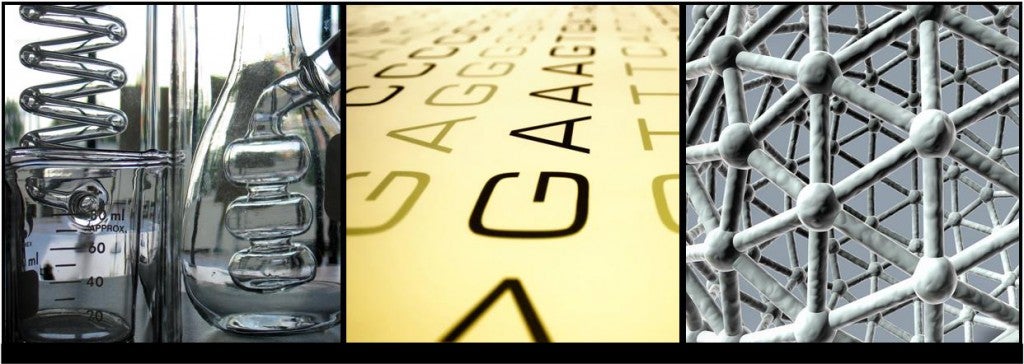
The Marshall Institute for Interdisciplinary Research has been established as the university’s key vehicle to advance regional economic development through entrepreneurship and commercialization of scientific discoveries.
Scientists at the institute are developing a focused program of biotechnology research dedicated to producing patentable scientific breakthroughs and creating new businesses based on those discoveries.
MIIR aims to be a self-sustaining enterprise. The funding plan for MIIR is to create a $36 million endowment from public and private sources. Once the endowment is fully funded, MIIR will be completely self-sustaining.
An economic impact study conducted in late 2006/early 2007 by Marshall’s Center for Business and Economic Research estimated that once the endowment is fully funded, MIIR will create thousands of new jobs and generate millions of dollars in tax revenues over 20 years.
Endowment
The amount raised to date for the MIIR endowment is $6 million. The endowment has been funded through both private donations and matching state funds made possible by the “Bucks for Brains” West Virginia Research Trust Fund. Fundraising efforts to increase the endowment are ongoing.
At its current level, the endowment provides continuing support for two endowed scientists, one of whom—Dr. Jingwei Xie—is currently working at the institute. Recruitment of the second endowed scientist—the institute’s director—is under way.
Startup funding of $3.5 million for three MIIR positions was provided through the state’s Eminent Scholars Recruitment and Enhancement Program. In addition, approximately $1.5 million of this public/private seed money was used to fund research positions in the university’s College of Science (Dr. Mindy Armstead) and Joan C. Edwards School of Medicine (Dr. Jung Han Kim).
Leadership
 Dr. John Maher, Marshall’s vice president for research, is the interim director of MIIR. He was named to the position in August 2011 upon the resignation of the institute’s first director Dr. Eric Kmiec.
Dr. John Maher, Marshall’s vice president for research, is the interim director of MIIR. He was named to the position in August 2011 upon the resignation of the institute’s first director Dr. Eric Kmiec.
A nationwide search has been under way for a permanent director since late 2011. A top candidate has been identified and it is expected that a new director will be announced in the near future.
Researchers

Endowed scientist Dr. Jingwei Xie and his post-doctoral assistants Dr. Bing Ma and Dr. Jiang Jiang are the institute’s current researchers. Since joining MIIR in early 2011, Dr. Xie and his group have developed an active research program exploring the biomedical applications of nanofiber scaffolds. This basic research is having translational implications in development of techniques to alleviate a wide variety of conditions, including myocardial infarction, and in applications such as tendon repair and skin grafts.
In keeping with the institute’s goals, Dr. Xie is funded entirely through external sources and is publishing, patenting and applying for additional funding in his specialty. He resides in MIIR, with an adjunct appointment in the university’s Department of Biological Sciences. For more information about Dr. Xie’s research, click here.
Results
- Scientific activity at MIIR has resulted in grants from federal, commercial and private sources; a number of journal articles; and four patents/patent applications/invention disclosures.
- Collaborations with private industry have resulted in sponsored projects with global pharmaceutical company Pfizer and major diagnostics company IDT.
- MIIR scientists are partnering with other Marshall researchers, including those working in the Center for Diagnostic Nanosystems and at the Joan C. Edwards School of Medicine.
- MIIR’s associations with Marshall’s cohort in the latest National Science Foundation statewide Research Infrastructure Improvement award helped acquire and staff a next-generation sequencer to aid in the development of genomics research.
- MIIR has also been an important part of the university’s Clinical and Translational Science Award (CTSA) from the NIH, which was awarded in 2011 in conjunction with the University of Kentucky. The expertise at MIIR has allowed Marshall access to this strong research network.
For more news and updates about MIIR, click here.
